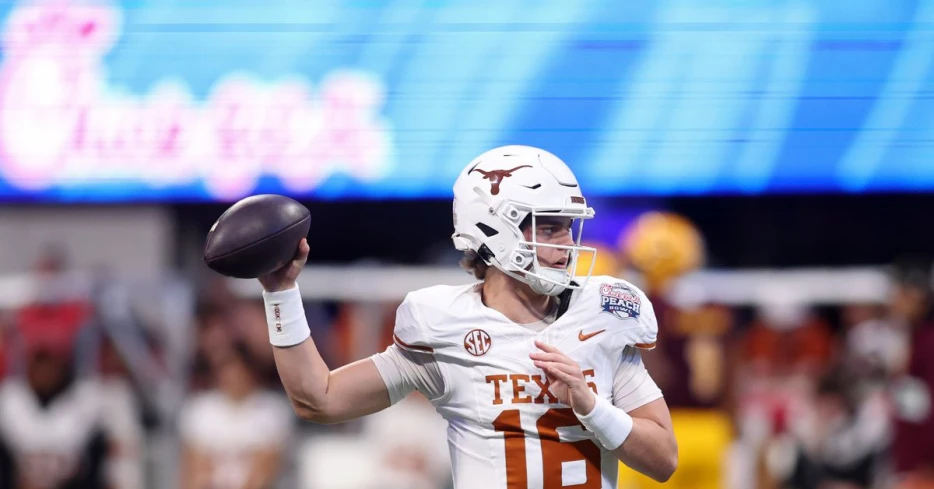
 Dawgs By Nature
Dawgs By Nature
The Browns have done the hard work of addressing the most important position in sports at some point
When the Cleveland Browns traded down with Jacksonville, they didn’t just acquire capital—they bought themselves options. Two first-round picks in 2026 should have Browns fans salivating, but here’s the twist: if either Shedeur Sanders or Dillon Gabriel shows they could be the real deal this season, Andrew Berry might flip one of those picks faster than you can say “quarterback controversy.”
Think about it. Knowing what we do now, the Browns entered next year’s NFL draft expecting to get their franchise quarterback in 2026. That was plan A, along with targeting Gabriel as the long-term backup who could potentially start this season. But what happens when plan C—a late-round lottery ticket—suddenly looks like it might hit?
Here’s where it gets interesting for Cleveland.
If Sanders or Gabriel emerges as a legitimate starter by the end of the season, the Browns’ draft strategy completely shifts. Suddenly, they’re not desperate for a quarterback. They’re dangerous with assets.
Berry could easily flip one of those 2026 first-rounders to a quarterback-needy team for a 2027 first-rounder, along with additional compensation. Teams like the Saints or Jets might be staring at another lost season, and desperation makes general managers do expensive things.
The math is simple: A proven commodity is worth more than a projection.
By trading back a year, Cleveland accomplishes two things. First, they get maximum value for their pick from a team that needs immediate help. Second, they buy themselves another year to evaluate their young quarterback while building around him with their remaining first-rounder.
This isn’t just smart—it’s exactly the kind of long-term thinking that separates good front offices from great ones. The Philadelphia Eagles built some of their Super Bowl-winning franchise this way. Berry learned from the Deshaun Watson situation that mortgaging your future for a quarterback is dangerous. But building your future around a quarterback you’ve already identified? That’s how dynasties start.
While 2026 is projected to have several first-round QB prospects, the 2027 draft could have the most anticipated quarterback since Andrew Luck. Yes, I’m talking about Arch Manning, whom most believe won’t be entering the draft until then.
The wildcard? Both rookies could impress.
If that happens, Berry faces an enviable problem: trade one quarterback for additional assets while keeping the other, or hold both and create the kind of competition that elevates everyone. Either way, Cleveland wins.
Sure, this all assumes the rookies don’t flame out spectacularly. But based on early reports from Berea, that optimism might not be misplaced.
Sometimes the best plans are the ones that change when opportunity knocks. For Berry and the Browns, 2026 might be less about finding their quarterback and more about maximizing the value of already finding him.
What do you think? Would you trade one of next year’s first-round picks if one of the rookies proves he can be the answer? Let us know in the comments below.